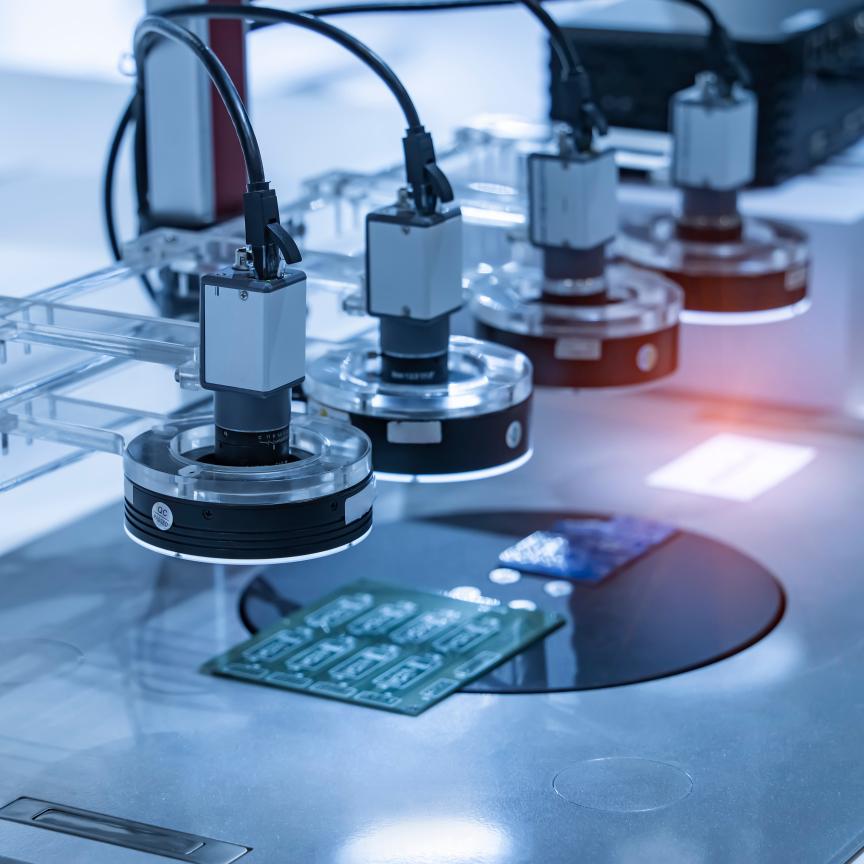Kaspersky Lab, the developer of secure content management solutions, has incorporated parallel computing technologies from Nvidia into its infrastructure, using the Tesla S1070, which is based on multi-core graphics processors.
Nvidia Tesla GPUs are based on Cuda, Nvidia's computing architecture that enables its GPUs to be programmed using industry standard programming languages and APIs. Kaspersky Lab uses the Tesla S1070 1U GPU system to accelerate the intellectual services that define the similarity of files. The similarity services enable the identification of new files and define which file, or file groups, most closely resemble the unknown program received by the company's antivirus lab.
The use of Tesla S1070 by the similarity-defining services has significantly boosted the rate of identification of unknown files, thus making for a quicker response to new threats and providing users with even faster and more complete protection. During internal testing, the Tesla S1070 demonstrated a 360-fold increase in the speed of the similarity-defining algorithm when compared to the popular Intel Core 2 Duo central processor running at a clock speed of 2.6GHz.
The similarity algorithms have been especially optimised to operate with the latest computer systems. They have been considerably redeveloped to simultaneously perform hundreds of thousands of instructions, each requiring processing by large data arrays. Kaspersky Lab specialists utilised the Nvidia Cuda SDK development environment specifically for this purpose as it allows programs to be written for the latest generations of Nvidia graphics processors in standard programming languages.

